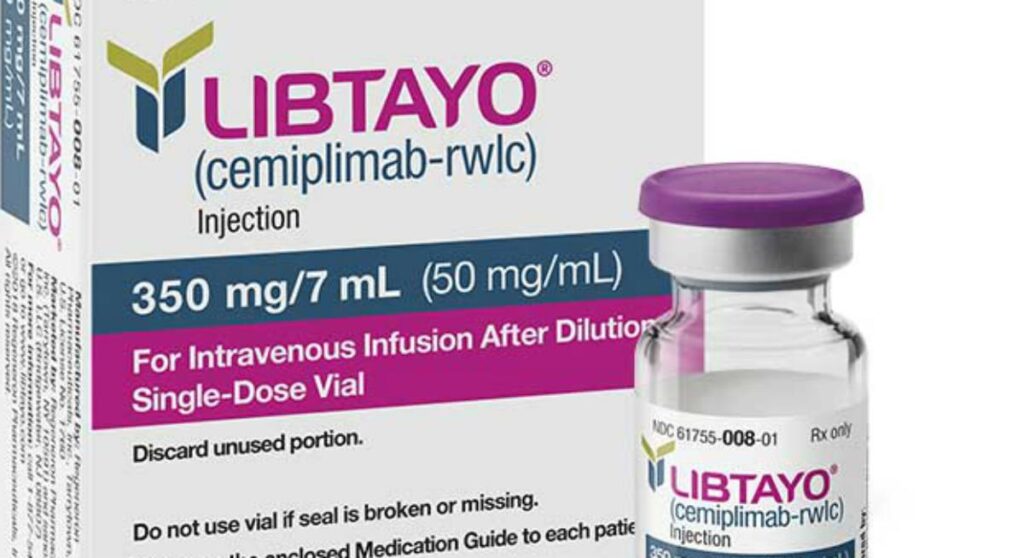Advanced Basal Cell Carcinoma can be a devastating skin cancer with significant morbidity and adverse effects on patients in the United States. However, the introduction and approval of cemiplimab may give some selected patients hope as it provides an alternative treatment for these advanced cancers.
What is Cemiplimab? What does it do? Will it help you? These, among others, are some of the fundamental questions that we will answer.
What is Cemiplimab?
Otherwise known as Libtayo, cemiplimab is a new immunotherapy treatment option for patients suffering from advanced basal cell carcinoma (abcc) or metastatic basal cell carcinoma. The therapy works by inhibiting the programmed death(PD)-1 receptor that is expressed on the surface of activated T cells. Following the Food and Drug Administration (FDA) approval, the treatment can now be recommended by dermatologists.
Who is Best Fit for this Treatment?
According to the drug’s manufacturer, cemiplimab is effective for patients with basal cell carcinoma following treatment with a hedgehog pathway inhibitor (HHI) or for whom the other therapies are not appropriate. Thus, it provides you with an alternative treatment where a targeted drug does not effectively treat advanced basal cell cancer.
How is Cemiplimab administered?
In terms of dosage in your body, the cemiplimab is administered at a recommended dose of 350mg. Additionally, the dose is undertaken every three weeks. This is done until disease progression or unacceptable toxicity.
Does It Have any Side Effects?
Just like any other treatment, cemiplimab also has its own side effects. In a research undertaken among 132 subjects, the researchers found the following adverse events:
- Fatigue (49%)
- Musculoskeletal pain (33%)
- Diarrhea (25%)
- Rash (22%)
- Pruritus (20%)
- Upper respiratory tract infection (15%)
Other serious adverse events that occurred during the research include anemia, colitis and urinary tract infection.
How Successful Is it?
In an effective analysis, 84 patients with locally advanced basal cell carcinoma had an objective response rate of 29%, constituting five complete responders. In terms of the duration of response, 79% of the patients were found to maintain their response for at least six months.
Who Should Not Use This Treatment?
Before you use this treatment, you must notify your doctor about your medical history. This is to help avoid complications during the treatment process. Pregnant mothers are advised to avoid this treatment. According to dermatologists, the drug might lead to complications or put your baby at risk.
What Are the Alternative Treatments?
Treating basal cell carcinoma can only be done with the appropriate treatment. The efficacy of the treatment depends on factors such as tumor size, location, age and preferences. The following are alternative treatments you can use for basal cell carcinoma:
Surgery: It includes curettage and electro desiccation, excision and Mohs surgery. Mohs surgery is effective for higher-risk cancers such as large tumors.
Radiation therapy: This type of treatment Is effective for patients with tumors on areas that are hard to treat, such as nose, eyes or ears. Also, if you are looking to avoid surgery, then this is a good option.
Photodynamic therapy: It is an effective treatment for superficial tumors. However, this treatment requires constant checks as it cannot destroy cancers found deep below the skin’s surface.hedgehog inhibitors
Hedgehog Inhibitors: This type of treatment includes administering drugs to slow growth of basal cell cancer in areas of the body which can’t be cured with other alternative treatments. Medications such as vismodegib and sonidegib are commonly used to treat these advanced basal cell carcinomas arising from the skin.
Cryotherapy: Effective for treating superficial tumors and precancerous lesions on the skin.
Treating advanced basal cell carcinoma can prove to be a challenge. Therefore, If you have been diagnosed with cancer and are looking for treatment options, be sure to contact us.

